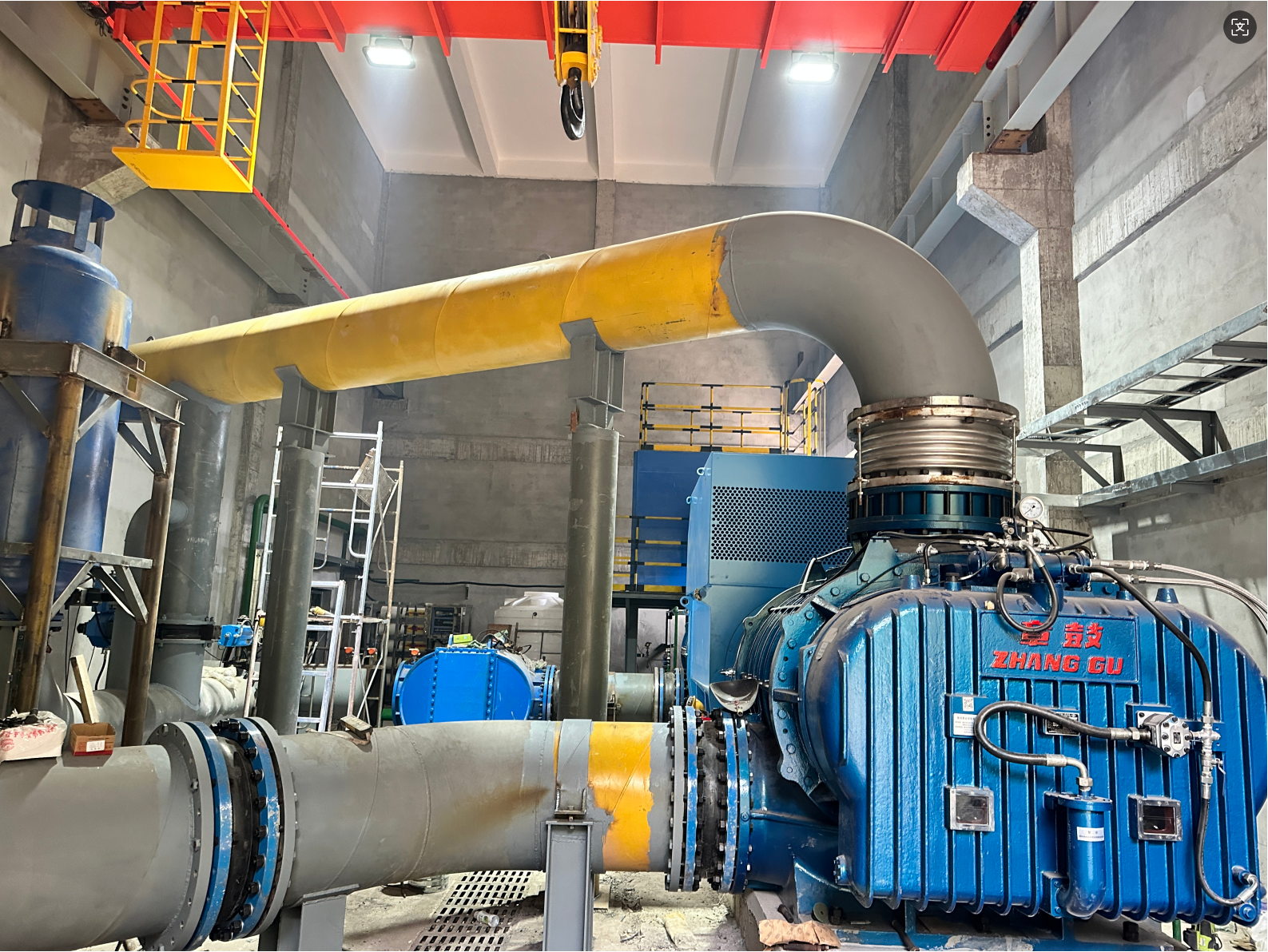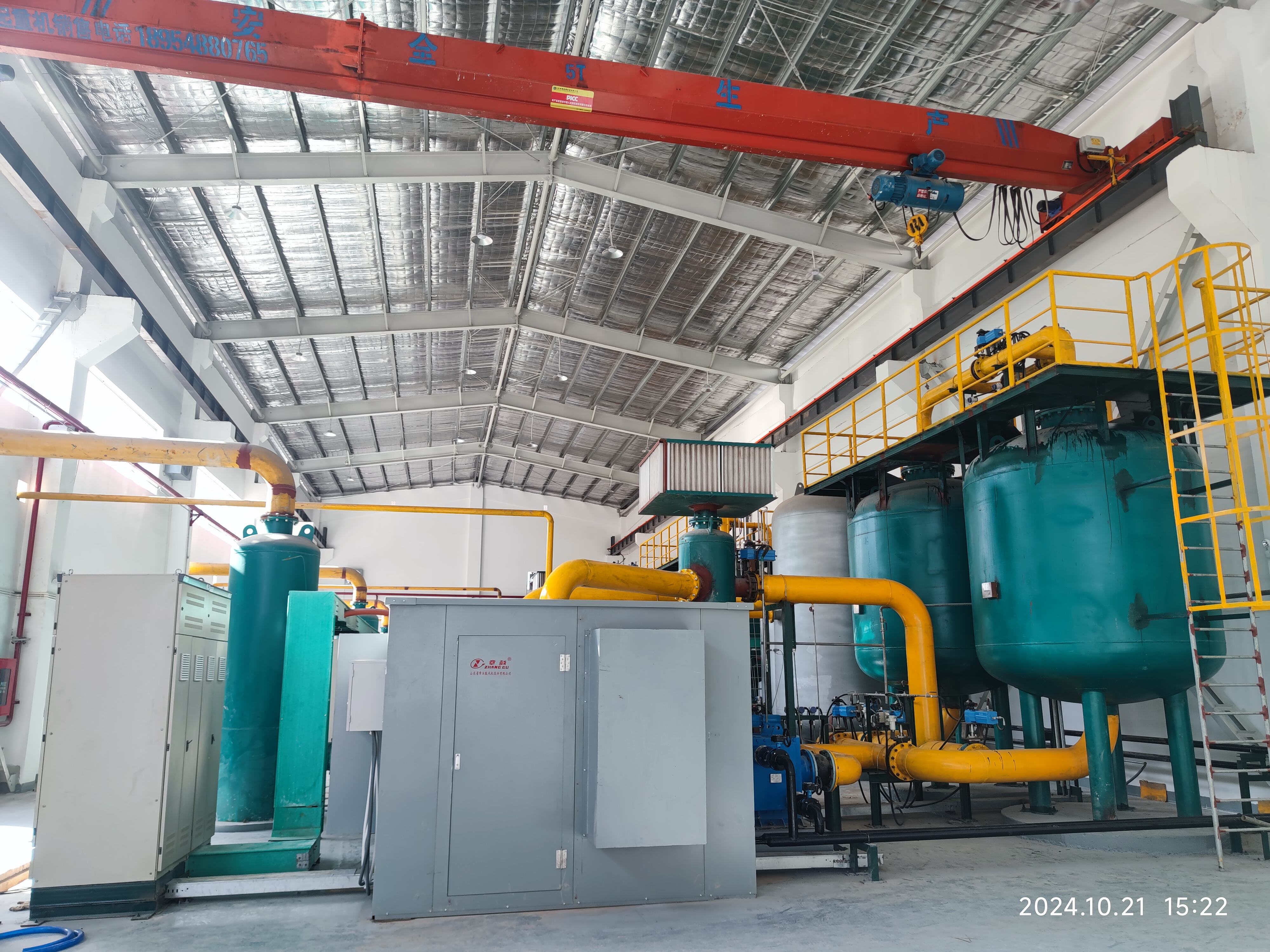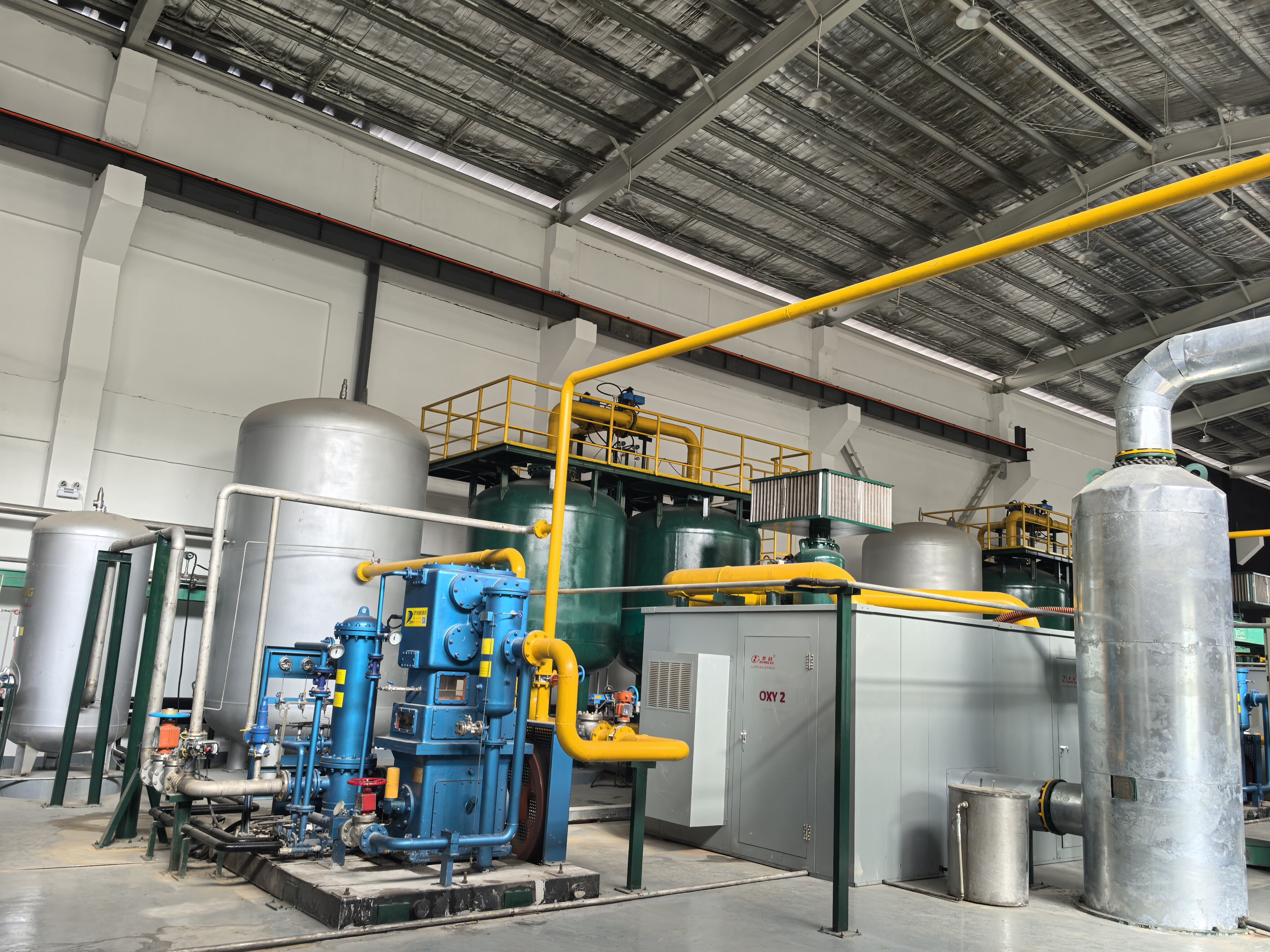vpsa காசு தrenல்
VPSA (Vacuum Pressure Swing Adsorption) காசு விடுதலை ஒரு முன்னெடுப்பு தொழில்நுட்பமாக அமையும், இது தொழிலாளி காசு மாற்றுப்பண்பு மற்றும் விடுதலை செயல்முறைகளில் பயன்படுகிறது. இந்த முன்னெடுப்பு அமைப்பு சீர்திருத்த வேகத்தை உடன் தனிப்பட்ட அட்ஸாப்ட்டின் தரவுகளை பயன்படுத்தி காசு கலவைகளை அவற்றின் தனித்துவ உறுப்புகளாக வெளியே எடுக்கிறது. இந்த செயல்முறை இரு முக்கிய தளங்களில் பணியாற்றுகிறது: அழுத்தத்தில் அட்ஸாப்ட்டின் மற்றும் வெற்றியில் விடுதலை. செயலில், தேர்வுக் காசு கலவை அழுத்தப்பட்டு மௌலியர் சிவி அட்ஸாப்ட்டின் தரவுகளைக் கொண்டுள்ள தொடர்கள் மூலம் கட்டுரைக்கப்படுகிறது, அவை தேர்வு காசு மூலக்கூறுகளை தேர்வுச் செய்கிறது. இந்த தொழில்நுட்பம் மாற்றுச் சுழற்சிகளில் பணியாற்றும் பல தொடர்களை உள்ளடக்கியது, அதனால் தொழிலாளி செயல்முறைகளுக்கு அதிக தொலைநிலை உணர்வை வழங்குகிறது. VPSA அமைப்புகள் உயர் தனித்துவ ஆக்ஸிஜன், நைட்ரஜன் மற்றும் மற்ற தொழிலாளி காசுகளை உற்பத்திக்கு மிகவும் தேர்வுச் செய்யும். இந்த தொழில்நுட்பம் மருத்துவக் களம், மருந்து உறுப்புகள், தாமிரம் செயல்முறைகள் மற்றும் வேதியியல் செயல்முறைகள் போன்ற பல தொழில்களை மாற்றியுள்ளது. புதிய VPSA அமைப்புகள் சூக்கிமையான கட்டுரை நிர்வாக அமைப்புகளை உள்ளடக்கியது, அதனால் செயல்முறை செலவுகளை மிகவும் குறைப்பதோடு உயர் விடுதலை தொலைநிலையை மேம்படுத்துகிறது. VPSA அமைப்புகளின் அளவுருவாக்கத்தின் தனித்துவமாக அவை வெவ்வேறு உற்பத்திகள் அளவுகளுக்கு சீராக தொடர்புடையதாக அமைக்கப்படுகிறது, அது சிறிய அளவிலான செயல்முறைகளில் முதல் பெரிய தொழிலாளி அமைப்புகளில் வரை விரிவாக்கப்படுகிறது.


